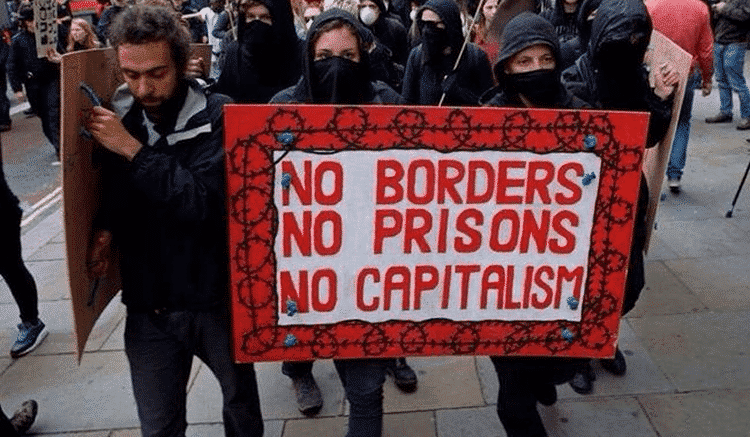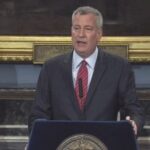|
Getting your Trinity Audio player ready... |
Patrick Wood was interviewed for this article, which was subsequently linked on DrudgeReport. Little by little, the world is hearing our message on Technocracy! Thank you to all who have supported Technocracy Rising and Technocracy.News in the past and to those who will in the future.









